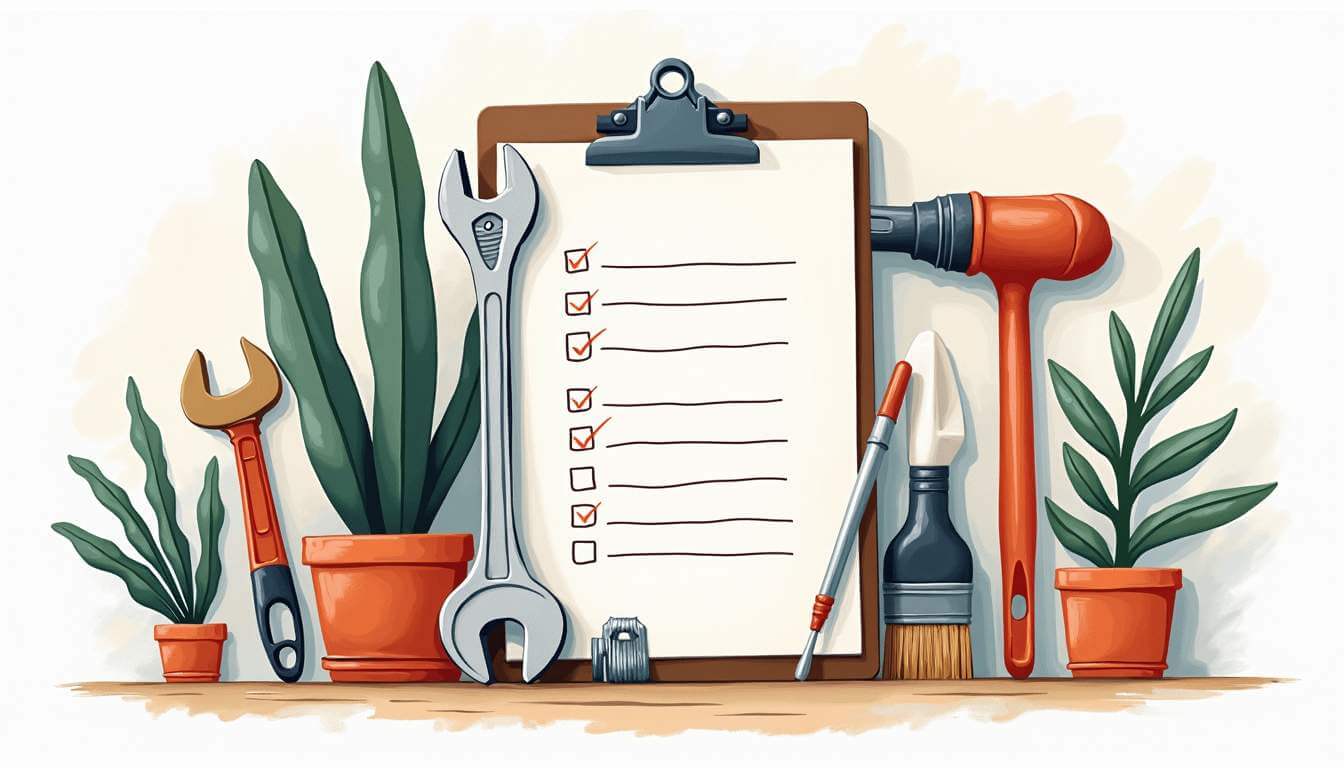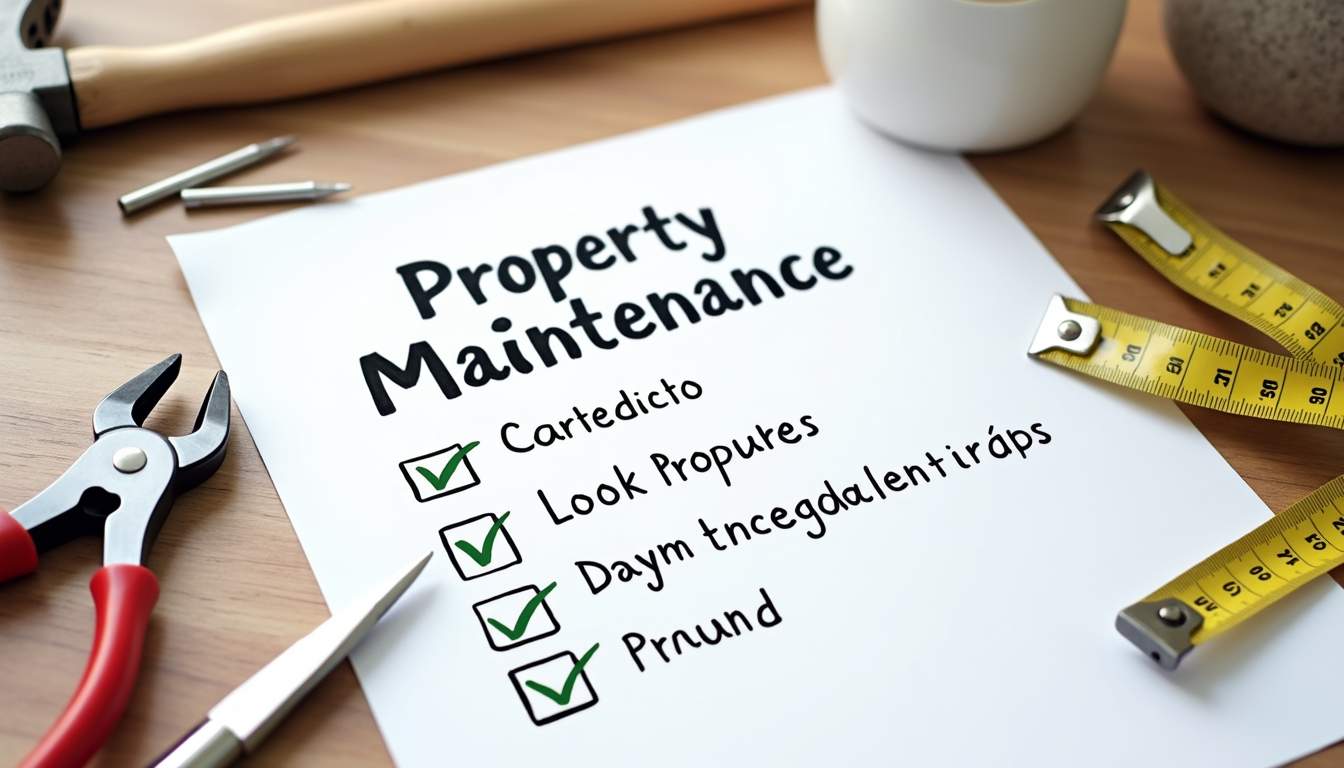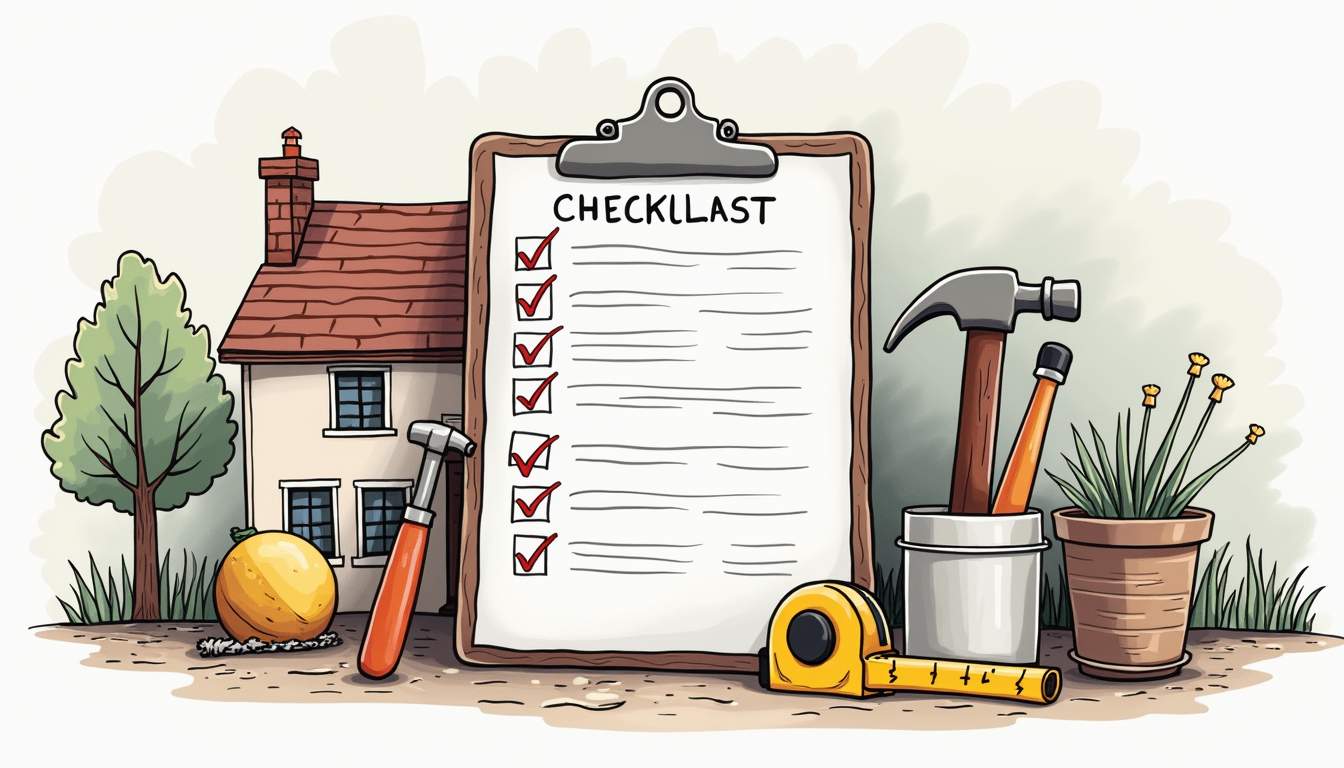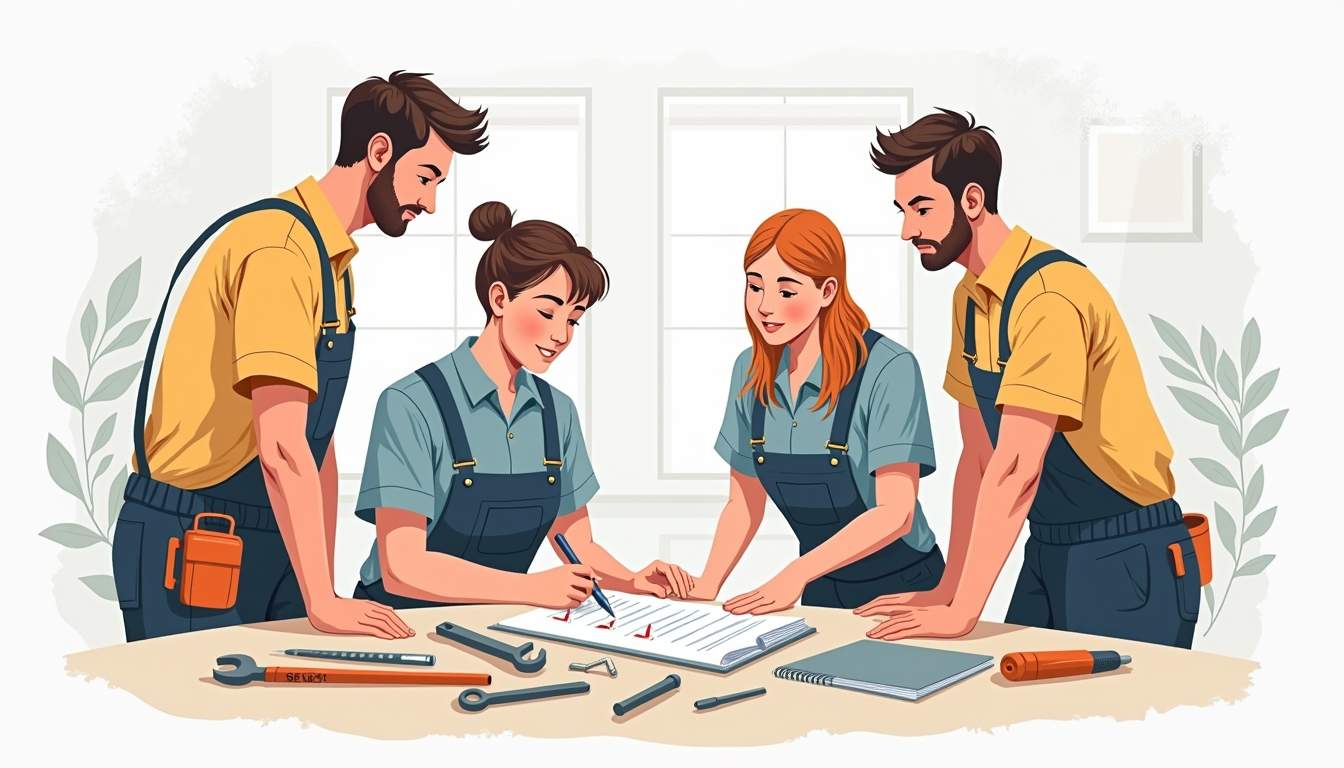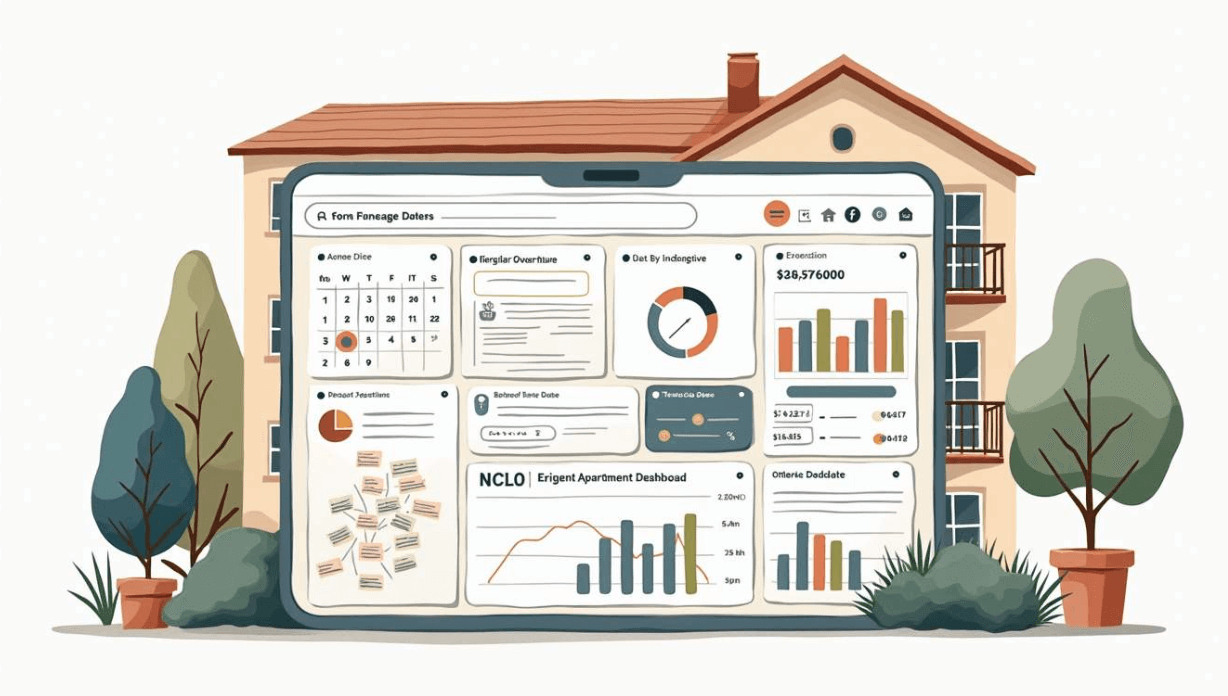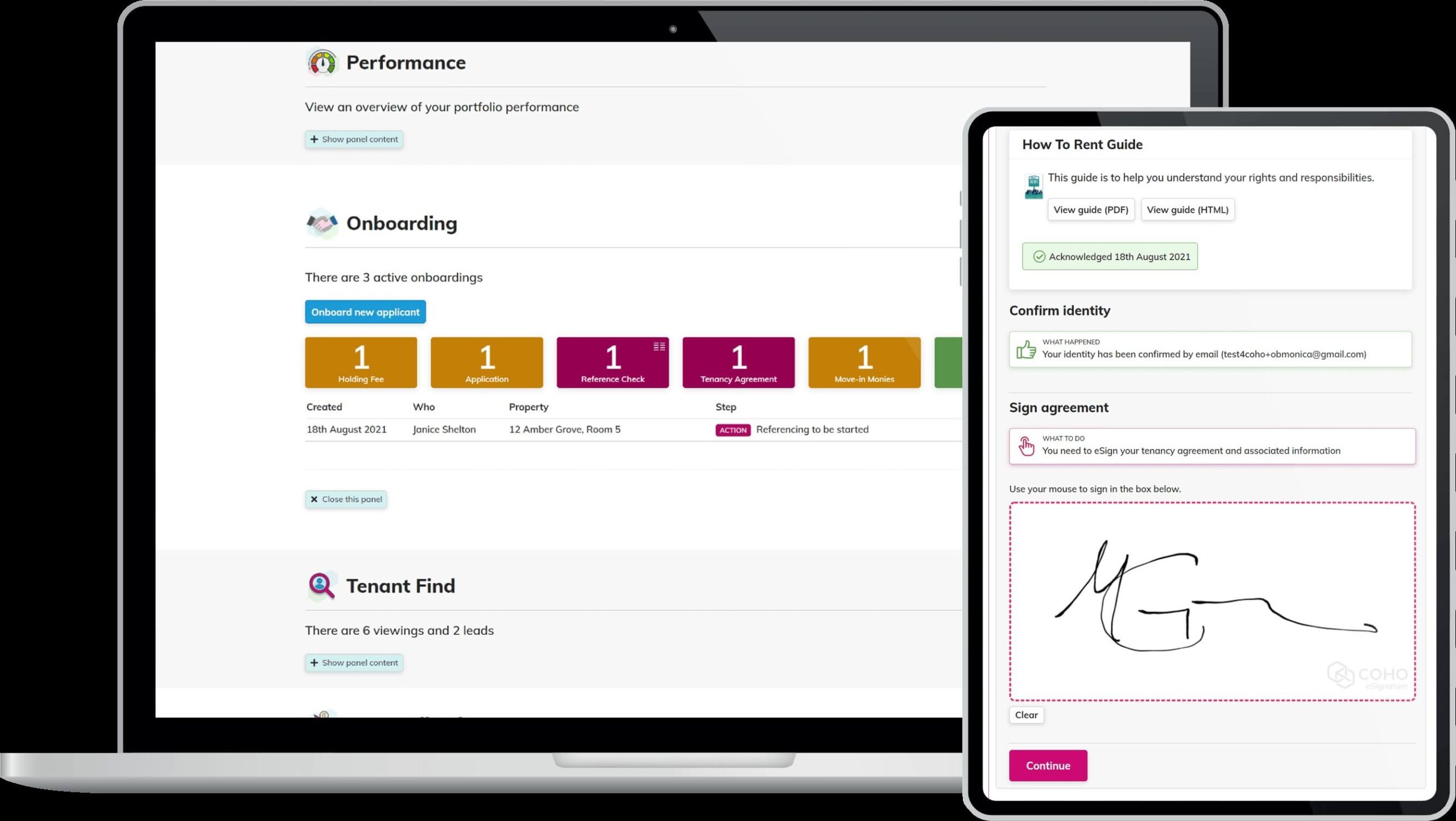Understanding the Importance of Property Maintenance
Property maintenance is a critical aspect of successful property management. For landlords in the UK, staying ahead of necessary repairs and maintenance tasks not only ensures the safety and comfort of tenants but also protects the value of the property.
In a competitive rental market, well-maintained properties tend to attract tenants more quickly and can command higher rents. Furthermore, regular maintenance helps prevent costly emergency repairs down the line, saving landlords time and money in the long run. This proactive approach can also enhance the overall reputation of the landlord, making it easier to fill vacancies and retain quality tenants over time.
Legal Obligations for Landlords
Landlords in the UK are legally required to ensure their properties are safe and fit for human habitation. This includes adhering to regulations set out in the Housing Health and Safety Rating System (HHSRS), which covers everything from damp and mould to fire safety.
Failure to comply with these legal obligations can lead to significant penalties, including fines or even imprisonment in severe cases. Thus, understanding and fulfilling these responsibilities is paramount for every landlord. Additionally, landlords must keep abreast of any changes in legislation, as regulations can evolve, impacting their obligations and the standards expected in rental properties.
Benefits of Regular Maintenance
Regular property maintenance provides several advantages. Firstly, it keeps the property in optimal condition, enhancing its aesthetic appeal and functional capabilities. Secondly, routine checks can identify potential problems early, allowing for timely intervention before issues escalate.
Moreover, maintaining a good relationship with tenants is facilitated by consistent upkeep. When tenants see that their landlord is proactive about the property’s condition, they are likely to feel valued and may maintain the property themselves with greater care. This sense of community can also lead to longer lease agreements, reducing turnover rates and the associated costs of finding new tenants. Furthermore, properties that are well-maintained often lead to fewer disputes and complaints, fostering a more harmonious living environment for everyone involved.
Essential Elements of a Property Maintenance Checklist
A thorough property maintenance checklist ensures that all aspects of a property are regularly assessed and addressed. Here are some essential components to consider incorporating into your checklist.
Safety Checks and Inspections
Regular safety checks are vital. These inspections should cover essential aspects like electrical systems, gas appliances, and fire alarms. Checking carbon monoxide detectors and ensuring windows and doors meet safety standards are crucial to safeguarding tenant wellbeing.
Additionally, a thorough inspection of the property for structural damage, such as cracks in walls or damp areas, can help prevent larger issues that may require extensive repair work down the line. It’s also important to assess the condition of handrails and staircases, as these are common areas where accidents can occur. Ensuring that all safety features are functioning properly not only protects tenants but also minimizes liability for property owners.
Seasonal Maintenance Tasks
Different seasons bring unique maintenance requirements. For instance, in winter, it’s wise to check for drafts and ensure heating systems are functioning well. Clearing gutters of leaves and debris before autumn arrives is another critical task to prevent water damage.
In the spring, consider examining outdoor areas for wear and tear, such as paving stones or fences that may need repair. Keeping a seasonal maintenance calendar will streamline these tasks and ensure nothing is overlooked throughout the year. Additionally, summer is an excellent time to inspect roofing and siding for any damage caused by harsh weather conditions, and to ensure that air conditioning units are serviced and operating efficiently, providing comfort during the hotter months.
Regular Cleaning and Upkeep
Regular cleaning is equally important. A clean property not only improves its appearance but also contributes to the longevity of fittings and fixtures. Essential tasks include cleaning communal areas, deep cleaning carpets, and maintaining gardens or outdoor spaces.
It might also be beneficial to schedule a professional cleaning service periodically. Many landlords choose to have properties cleaned between tenants to ensure they are in top condition for new arrivals. Furthermore, implementing a routine for cleaning appliances, such as refrigerators and ovens, can prevent buildup and prolong their lifespan. Regular upkeep of landscaping can also enhance curb appeal, making the property more attractive to potential tenants and fostering a sense of pride in the community.
Dealing with Repairs and Renovations
When it comes to repairs and renovations, a strategic approach is required. Understanding how to effectively manage these processes can significantly enhance a landlord’s experience.
Identifying Necessary Repairs
Identifying repairs early can save both time and money. Regular inspections can help you spot issues such as leaks, cracks, or appliance failures before they become serious. Encouraging tenants to report issues promptly is also an effective way to maintain the property.
Creating an open line of communication with tenants regarding necessary repairs fosters a good relationship and allows for quicker resolutions of any concerns. Additionally, implementing a digital maintenance request system can streamline the process, allowing tenants to submit requests easily and landlords to track the status of repairs efficiently. This proactive approach not only enhances tenant satisfaction but also ensures that minor issues do not escalate into costly repairs.
Planning and Executing Renovations
When it comes to renovations, thoughtful planning is key. Begin by assessing what changes are most valuable. Whether you’re improving outdated facilities or enhancing the energy efficiency of the property, clearly defined objectives will guide your process effectively.
It’s also essential to consider the timing of renovations. Scheduling work during low-demand rental periods can minimize disruptions to tenants while ensuring that the property remains in excellent condition. Furthermore, engaging with local contractors who understand the market can lead to better pricing and quality of work. Consider also the potential return on investment for each renovation; for instance, modernizing kitchens and bathrooms often yields higher rental rates and attracts quality tenants. Always keep an eye on trends in the rental market, as this can inform your renovation choices and help you stay competitive.
Working with Professionals
Many landlords find it beneficial to collaborate with professionals in the property maintenance field. Knowing when and who to hire can make all the difference in maintaining the standard of your property. Engaging with experts not only ensures that tasks are completed to a high standard but also helps landlords stay compliant with local regulations and codes, which can vary significantly from one area to another.
When to Hire a Property Manager
Some landlords opt for property management services to handle the day-to-day responsibilities. If you have multiple properties or lack the time to manage maintenance effectively, hiring a property manager may be the right choice. These professionals can also provide valuable insights into market trends, helping you set competitive rental prices and attract quality tenants.
Property managers can assist with everything from tenant communications to routine maintenance checks, freeing you up to focus on other aspects of your investment strategy. Additionally, they often have established relationships with local service providers, which can lead to quicker response times and potentially lower costs for repairs and maintenance.
Selecting Reliable Contractors
Choosing the right contractors for repairs and renovations can save significant hassle. When selecting contractors, look for recommendations from trusted sources, check online reviews, and verify their certification and insurance statuses. It’s also wise to request quotes from multiple contractors to ensure you’re getting a fair price for the work required.
Establishing a good rapport with reliable contractors can lead to more efficient service and better rates over time, making this relationship a vital part of effective property maintenance. Furthermore, having a go-to list of trusted contractors can expedite the process of addressing urgent repairs, which is crucial for maintaining tenant satisfaction and protecting your investment. Regularly reviewing and updating your list of contractors can also help you stay ahead of any changes in the market or service quality, ensuring that you always have access to the best resources available.
Communicating with Tenants about Maintenance
Effective communication with tenants regarding maintenance responsibilities can improve the overall rental experience. Setting clear expectations upfront is beneficial for both parties.
Setting Expectations about Maintenance Responsibilities
When leasing a property, be sure to clearly communicate what maintenance responsibilities lie with the landlord versus the tenants. For example, while landlords typically handle major repairs, tenants may be responsible for minor upkeep tasks.
Having a clearly outlined maintenance agreement can help avoid confusion and disputes later on, ensuring both parties are aware of their obligations. This agreement can include specifics such as the timeline for reporting issues, the process for handling emergency repairs, and guidelines for routine maintenance tasks like changing air filters or maintaining outdoor spaces. By establishing these parameters, landlords can foster a sense of accountability and encourage tenants to take pride in their living environment.
Handling Tenant Requests for Repairs
Promptly addressing tenant requests for repairs is essential. Whether it’s a leaky faucet or a heating issue, swift action demonstrates that you value your tenants’ comfort and satisfaction.
Developing a straightforward process for tenants to report issues will streamline this communication, ensuring that repairs are handled timely and efficiently. Consider implementing an online portal or a dedicated phone line for maintenance requests, which can simplify tracking and prioritizing issues. Additionally, regular check-ins with tenants can help identify potential problems before they escalate, allowing for proactive maintenance that keeps the property in excellent condition. This not only enhances tenant satisfaction but can also lead to longer tenancy durations, reducing turnover and associated costs for landlords.
Streamline Your Property Maintenance with COHO
Keeping up with the demands of property maintenance can be a complex task, but it doesn’t have to be. With COHO’s innovative property management software, you can effortlessly manage your HMOs, single-lets, student HMOs, and diverse rental portfolios all in one place. Our platform is designed to bring landlords, tenants, and service providers together in a single, efficient workflow, ensuring that maintenance checks, repairs, and communication are handled with ease and efficiency. Ready to transform your property management experience? Try COHO for Free today and see the difference for yourself.
Understanding the Importance of Property Maintenance
Property maintenance is a critical aspect of successful property management. For landlords in the UK, staying ahead of necessary repairs and maintenance tasks not only ensures the safety and comfort of tenants but also protects the value of the property.
In a competitive rental market, well-maintained properties tend to attract tenants more quickly and can command higher rents. Furthermore, regular maintenance helps prevent costly emergency repairs down the line, saving landlords time and money in the long run. This proactive approach can also enhance the overall reputation of the landlord, making it easier to fill vacancies and retain quality tenants over time.
Legal Obligations for Landlords
Landlords in the UK are legally required to ensure their properties are safe and fit for human habitation. This includes adhering to regulations set out in the Housing Health and Safety Rating System (HHSRS), which covers everything from damp and mould to fire safety.
Failure to comply with these legal obligations can lead to significant penalties, including fines or even imprisonment in severe cases. Thus, understanding and fulfilling these responsibilities is paramount for every landlord. Additionally, landlords must keep abreast of any changes in legislation, as regulations can evolve, impacting their obligations and the standards expected in rental properties.
Benefits of Regular Maintenance
Regular property maintenance provides several advantages. Firstly, it keeps the property in optimal condition, enhancing its aesthetic appeal and functional capabilities. Secondly, routine checks can identify potential problems early, allowing for timely intervention before issues escalate.
Moreover, maintaining a good relationship with tenants is facilitated by consistent upkeep. When tenants see that their landlord is proactive about the property’s condition, they are likely to feel valued and may maintain the property themselves with greater care. This sense of community can also lead to longer lease agreements, reducing turnover rates and the associated costs of finding new tenants. Furthermore, properties that are well-maintained often lead to fewer disputes and complaints, fostering a more harmonious living environment for everyone involved.
Essential Elements of a Property Maintenance Checklist
A thorough property maintenance checklist ensures that all aspects of a property are regularly assessed and addressed. Here are some essential components to consider incorporating into your checklist.
Safety Checks and Inspections
Regular safety checks are vital. These inspections should cover essential aspects like electrical systems, gas appliances, and fire alarms. Checking carbon monoxide detectors and ensuring windows and doors meet safety standards are crucial to safeguarding tenant wellbeing.
Additionally, a thorough inspection of the property for structural damage, such as cracks in walls or damp areas, can help prevent larger issues that may require extensive repair work down the line. It’s also important to assess the condition of handrails and staircases, as these are common areas where accidents can occur. Ensuring that all safety features are functioning properly not only protects tenants but also minimizes liability for property owners.
Seasonal Maintenance Tasks
Different seasons bring unique maintenance requirements. For instance, in winter, it’s wise to check for drafts and ensure heating systems are functioning well. Clearing gutters of leaves and debris before autumn arrives is another critical task to prevent water damage.
In the spring, consider examining outdoor areas for wear and tear, such as paving stones or fences that may need repair. Keeping a seasonal maintenance calendar will streamline these tasks and ensure nothing is overlooked throughout the year. Additionally, summer is an excellent time to inspect roofing and siding for any damage caused by harsh weather conditions, and to ensure that air conditioning units are serviced and operating efficiently, providing comfort during the hotter months.
Regular Cleaning and Upkeep
Regular cleaning is equally important. A clean property not only improves its appearance but also contributes to the longevity of fittings and fixtures. Essential tasks include cleaning communal areas, deep cleaning carpets, and maintaining gardens or outdoor spaces.
It might also be beneficial to schedule a professional cleaning service periodically. Many landlords choose to have properties cleaned between tenants to ensure they are in top condition for new arrivals. Furthermore, implementing a routine for cleaning appliances, such as refrigerators and ovens, can prevent buildup and prolong their lifespan. Regular upkeep of landscaping can also enhance curb appeal, making the property more attractive to potential tenants and fostering a sense of pride in the community.
Dealing with Repairs and Renovations
When it comes to repairs and renovations, a strategic approach is required. Understanding how to effectively manage these processes can significantly enhance a landlord’s experience.
Identifying Necessary Repairs
Identifying repairs early can save both time and money. Regular inspections can help you spot issues such as leaks, cracks, or appliance failures before they become serious. Encouraging tenants to report issues promptly is also an effective way to maintain the property.
Creating an open line of communication with tenants regarding necessary repairs fosters a good relationship and allows for quicker resolutions of any concerns. Additionally, implementing a digital maintenance request system can streamline the process, allowing tenants to submit requests easily and landlords to track the status of repairs efficiently. This proactive approach not only enhances tenant satisfaction but also ensures that minor issues do not escalate into costly repairs.
Planning and Executing Renovations
When it comes to renovations, thoughtful planning is key. Begin by assessing what changes are most valuable. Whether you’re improving outdated facilities or enhancing the energy efficiency of the property, clearly defined objectives will guide your process effectively.
It’s also essential to consider the timing of renovations. Scheduling work during low-demand rental periods can minimize disruptions to tenants while ensuring that the property remains in excellent condition. Furthermore, engaging with local contractors who understand the market can lead to better pricing and quality of work. Consider also the potential return on investment for each renovation; for instance, modernizing kitchens and bathrooms often yields higher rental rates and attracts quality tenants. Always keep an eye on trends in the rental market, as this can inform your renovation choices and help you stay competitive.
Working with Professionals
Many landlords find it beneficial to collaborate with professionals in the property maintenance field. Knowing when and who to hire can make all the difference in maintaining the standard of your property. Engaging with experts not only ensures that tasks are completed to a high standard but also helps landlords stay compliant with local regulations and codes, which can vary significantly from one area to another.
When to Hire a Property Manager
Some landlords opt for property management services to handle the day-to-day responsibilities. If you have multiple properties or lack the time to manage maintenance effectively, hiring a property manager may be the right choice. These professionals can also provide valuable insights into market trends, helping you set competitive rental prices and attract quality tenants.
Property managers can assist with everything from tenant communications to routine maintenance checks, freeing you up to focus on other aspects of your investment strategy. Additionally, they often have established relationships with local service providers, which can lead to quicker response times and potentially lower costs for repairs and maintenance.
Selecting Reliable Contractors
Choosing the right contractors for repairs and renovations can save significant hassle. When selecting contractors, look for recommendations from trusted sources, check online reviews, and verify their certification and insurance statuses. It’s also wise to request quotes from multiple contractors to ensure you’re getting a fair price for the work required.
Establishing a good rapport with reliable contractors can lead to more efficient service and better rates over time, making this relationship a vital part of effective property maintenance. Furthermore, having a go-to list of trusted contractors can expedite the process of addressing urgent repairs, which is crucial for maintaining tenant satisfaction and protecting your investment. Regularly reviewing and updating your list of contractors can also help you stay ahead of any changes in the market or service quality, ensuring that you always have access to the best resources available.
Communicating with Tenants about Maintenance
Effective communication with tenants regarding maintenance responsibilities can improve the overall rental experience. Setting clear expectations upfront is beneficial for both parties.
Setting Expectations about Maintenance Responsibilities
When leasing a property, be sure to clearly communicate what maintenance responsibilities lie with the landlord versus the tenants. For example, while landlords typically handle major repairs, tenants may be responsible for minor upkeep tasks.
Having a clearly outlined maintenance agreement can help avoid confusion and disputes later on, ensuring both parties are aware of their obligations. This agreement can include specifics such as the timeline for reporting issues, the process for handling emergency repairs, and guidelines for routine maintenance tasks like changing air filters or maintaining outdoor spaces. By establishing these parameters, landlords can foster a sense of accountability and encourage tenants to take pride in their living environment.
Handling Tenant Requests for Repairs
Promptly addressing tenant requests for repairs is essential. Whether it’s a leaky faucet or a heating issue, swift action demonstrates that you value your tenants’ comfort and satisfaction.
Developing a straightforward process for tenants to report issues will streamline this communication, ensuring that repairs are handled timely and efficiently. Consider implementing an online portal or a dedicated phone line for maintenance requests, which can simplify tracking and prioritizing issues. Additionally, regular check-ins with tenants can help identify potential problems before they escalate, allowing for proactive maintenance that keeps the property in excellent condition. This not only enhances tenant satisfaction but can also lead to longer tenancy durations, reducing turnover and associated costs for landlords.
Streamline Your Property Maintenance with COHO
Keeping up with the demands of property maintenance can be a complex task, but it doesn’t have to be. With COHO’s innovative property management software, you can effortlessly manage your HMOs, single-lets, student HMOs, and diverse rental portfolios all in one place. Our platform is designed to bring landlords, tenants, and service providers together in a single, efficient workflow, ensuring that maintenance checks, repairs, and communication are handled with ease and efficiency. Ready to transform your property management experience? Try COHO for Free today and see the difference for yourself.

